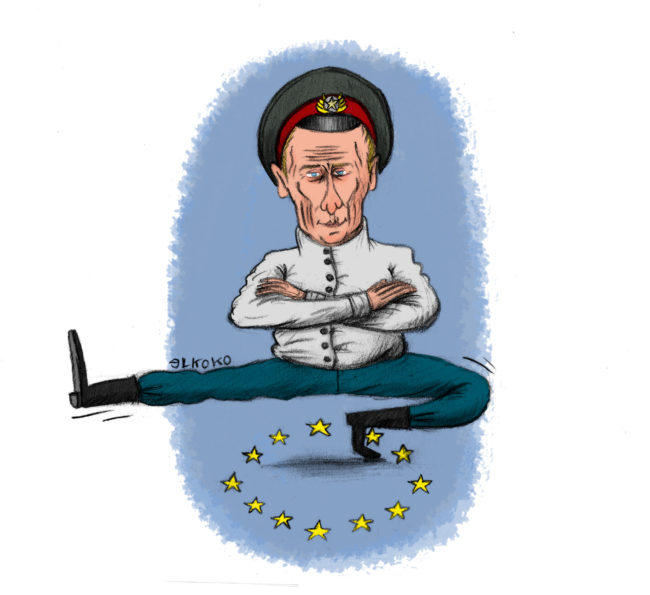Putin’s regime and the politics of memory

In the past, the Czech-Russian relations went through periods of ups and downs. However, after April 17, 2021, as a result of the Vrbětice affair, they found themselves at the biggest crossroads to date. The bilateral escalation was followed by a dramatic diplomatic pressure and inclusion of Czechia to the list of Russia’s official “enemies" together with the United States, as the only two countries in the world. Nevertheless, for quite some time, the bilateral ties have pursued a negative trend and the attribution of attacks on ammunition depots on the Czech territory to Russia’s military intelligence GRU only brought the last nail to the coffin of the bilateral relationship.
This special issue of New Eastern Europe, titled “Putin’s regime and the politics of memory: Czech, Polish and Russian perspectives”, is one of the main outcomes of our project. We begin with Jiří Vykoukal’s article, “Czech and Polish historical views of Russia: similarities and differences”, which discusses how various factors have influenced perceptions of Russia in Poland and Czechia throughout the centuries.
The second article, Adam Balcer’s “The legacy of the Polish-Lithuanian Union as a challenge to Russia’s historical narrative”, looks into the clash between the Grand Duchy of Lithuania and Polish-Lithuanian Commonwealth’s state traditions and Russia’s historical narrative concerning the alleged unity of Russians, Ukrainians and Belarusians.
Meanwhile, Sergei Medvedev in his article “Putin’s Memory War” provides us with a general overview of Russia’s politics of memory, especially with regards to the Second World War and Stalinism. The essay “How historical narratives serve authoritarian interests: the politics of memory in Putin’s Russia” was written by Maria Domańska. Her work expands analysis of the topic by focusing on the close relationship between the Kremlin’s historical narratives and foreign policy. Special attention is also paid to Russian-Polish relations.
Last but not least, the special issue finishes with two articles that offer unique regional perspectives. Štěpán Černoušek’s article, titled “The Soviet past is rising from shallow graves: Russia and the memory of the Stalinist terror”, takes us on a journey through Russia’s countryside, visiting places of memory such as abandoned camps and hidden mass graves. Finally, Robert Latypov, head of Perm Chapter of the Memorial Society, shares with us his personal professional experiences in his text “Regional Memory of Soviet State Terror in Russia: the case of Perm”. He shows the challenges that organisations such as Memorial face whilst trying heroically to research and commemorate the victims of the Soviet repressions in Russia’s regions.
This symposium was written by Adam Balcer (also author of the introduction above), Jiří Vykoukal, Sergei Medvedev, Maria Domańska, Štěpán Černoušek and Robert Latypov.




